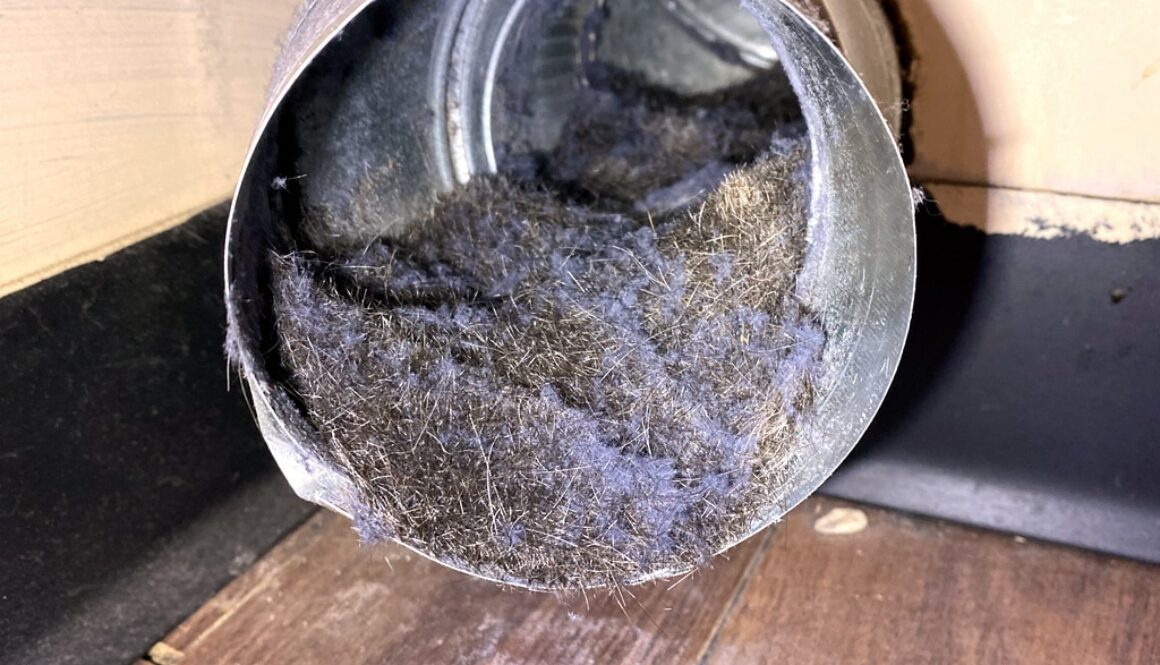Spring Nesting Season: Protecting Your Dryer Vents from Bird Nests
As spring emerges in St. John’s, Newfoundland, so does nesting season for our feathered friends. While the sight of birds building nests may evoke feelings of warmth and renewal, it can also pose potential hazards for homeowners, particularly when it comes to dryer vents. At YYT Safe Dryer Vents, we understand the importance of maintaining clear and safe dryer vents, especially during this time of year.
Birds, seeking shelter and safety for their young, may view dryer vents as ideal nesting spots. However, it’s crucial for homeowners to refrain from attempting to remove potential nests themselves. Not only can this pose risks such as exposure to avian flu, but there’s also the possibility that the obstruction could be caused by a different animal altogether.
So, how can you tell if your dryer vent is blocked by a nest or another obstacle?
Keep an eye out for signs like:
- your dryer taking longer to dry clothes,
- an increase in heat around the dryer area,
- or unusual smells of moisture or humidity,
- different sounding dryer vent exhaust or just new sounds you have not heard before.
These could indicate a blockage that needs immediate attention.
At YYT Safe Dryer Vents, we prioritize the safety and well-being of both our customers and local wildlife. That’s why we’ve partnered with Rock Wildlife Rescue, an organization dedicated to the care and rehabilitation of wildlife in our community. If we encounter hatchlings or other wildlife while servicing your dryer vent, rest assured that we’ll handle the situation with care and compassion.
We have also attended a radio show and were interviewed on this topic. Please listen below for more information:
Don’t let the nesting season compromise the efficiency and safety of your dryer vents. Trust the experts at YYT Safe Dryer Vents to keep your vents clear and your home safe. Contact us today to schedule a professional inspection and cleaning, and let’s ensure a smooth transition into spring, for both you and our feathered neighbors.





